Insta nightmare: How my walking holiday booked through social media turned into the trip from hell
Be careful what you click for, says Megan Eaves – a pretty Instagram feed does not an experienced guide make
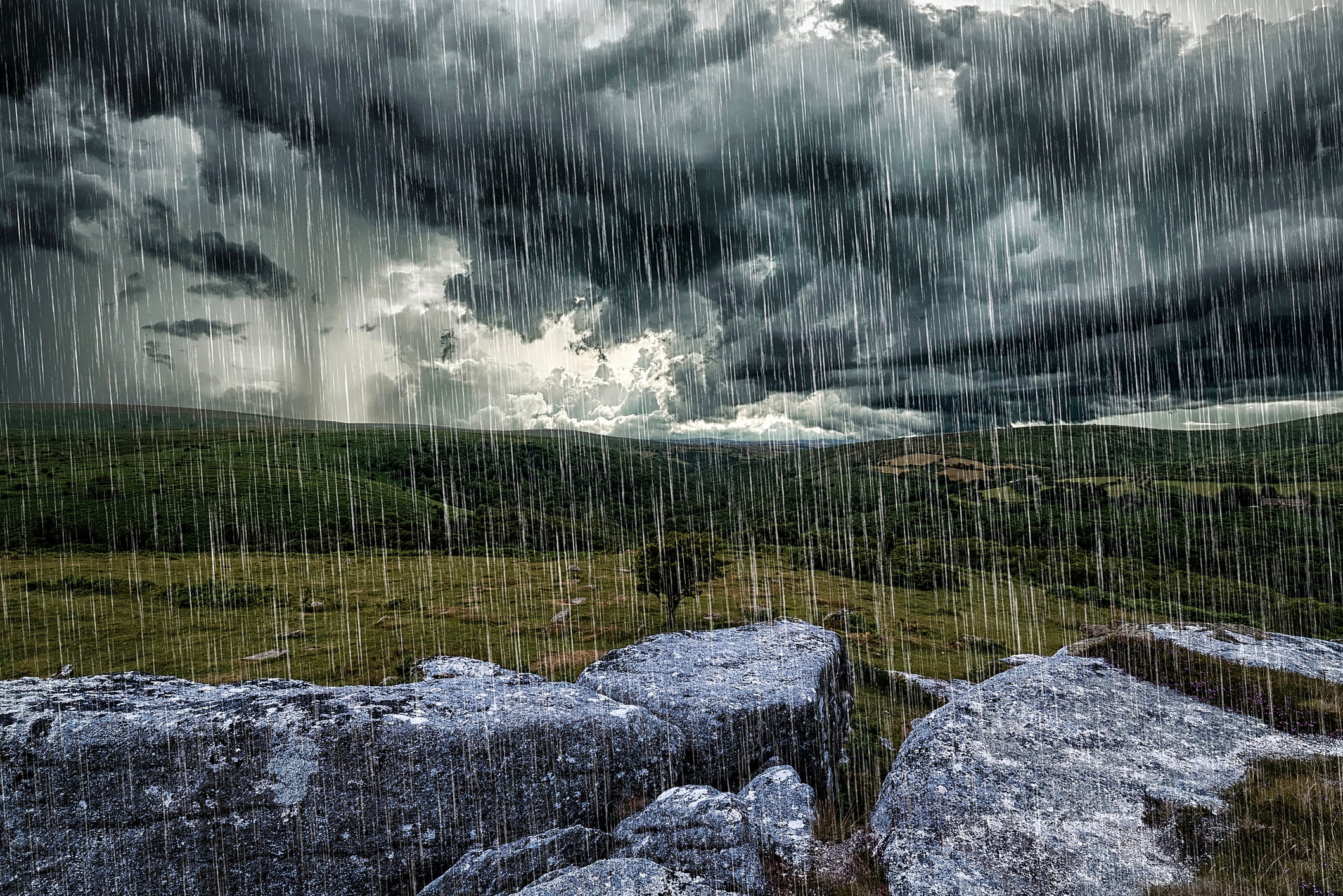
Your support helps us to tell the story
From reproductive rights to climate change to Big Tech, The Independent is on the ground when the story is developing. Whether it's investigating the financials of Elon Musk's pro-Trump PAC or producing our latest documentary, 'The A Word', which shines a light on the American women fighting for reproductive rights, we know how important it is to parse out the facts from the messaging.
At such a critical moment in US history, we need reporters on the ground. Your donation allows us to keep sending journalists to speak to both sides of the story.
The Independent is trusted by Americans across the entire political spectrum. And unlike many other quality news outlets, we choose not to lock Americans out of our reporting and analysis with paywalls. We believe quality journalism should be available to everyone, paid for by those who can afford it.
Your support makes all the difference.I was knee-deep in a Dartmoor bog in the driving rain, sobbing, when I began to question the trip I’d booked to celebrate my 40th birthday. I had chosen it based on the guide’s amazing Instagram feed, which was full of orange sunsets overlooking stone circles and blissful-looking hikers filtering water from wild streams. The website billed the experience as a “mindful nature-connection retreat three hours from London”.
But the reality turned out to be less meditative wandering and more Hound of the Baskervilles, as the guide – both irresponsible and rather unkind – led us into dangerous and stormy conditions with no safety briefing, then angrily lashed out at those who asked questions.
Details on our locations, including campsites and trekking routes, were withheld. The guide frequently left the group behind, disappearing into deep mist and heavy rain that rapidly descended on to Dartmoor. Floodwaters rose, new rivers appeared. One day, we hiked 18km (11 miles) over protected blanket bog and through mires of unknown depth, taking one slow step at a time, jumping between tufts of peat using a hiking pole to search for solid ground.
I was new to Dartmoor but these conditions would be no surprise to anyone experienced in this landscape. Dartmoor’s weather and terrain are notoriously difficult and changeable and demand respect. Which is why I booked a guided trip in the first place – hoping to get the help, safety, coaching, encouragement and preparation of someone with proven experience. Unfortunately, this guide had only walked Dartmoor in soft pink, Insta-filtered sunsets – and it showed.
So it turns out “having a pretty Instagram account” isn’t a good guiding qualification. I know what you’re thinking: “Well, obviously.” The thing is, I consider myself to be a fairly fit, somewhat clever and decently experienced outdoorswoman. I’ve hiked solo across England coast-to-coast, trekked in Kyrgyzstan, Colorado and Tibet and go hillwalking frequently. I’m really not an idiot, so how did I end up here?
“I’d rather go through having Covid again than repeat that experience,” she joked
As the lines increasingly blur between the personal and marketing sides of social media, almost anyone can be lulled into a false sense of legitimacy. I wasn’t the only one – five out of six in our group had booked the trek because of the social media sell.
India Harris, who was on the trip with me, describes herself as an experienced camper and hiker. We trauma-bonded over pleas for more water breaks, encouraged each other over mile after mile of flooded bogscape and paired up to request information about our whereabouts and campsites from the guide (spoiler alert: these were not forthcoming).
A few weeks after the trek, we met for a pint and she admitted that she, too, was still recovering mentally. “I’d rather go through having Covid again than repeat that experience,” she joked. But the traumatic impact was very real for both of us.
While bad, this experience could have been so much worse. No one was seriously hurt. Search-and-rescue was not called but if one small thing had gone wrong – particularly if our guide had been incapacitated – we had no way to call for help and things could have quickly become even more nightmarish.
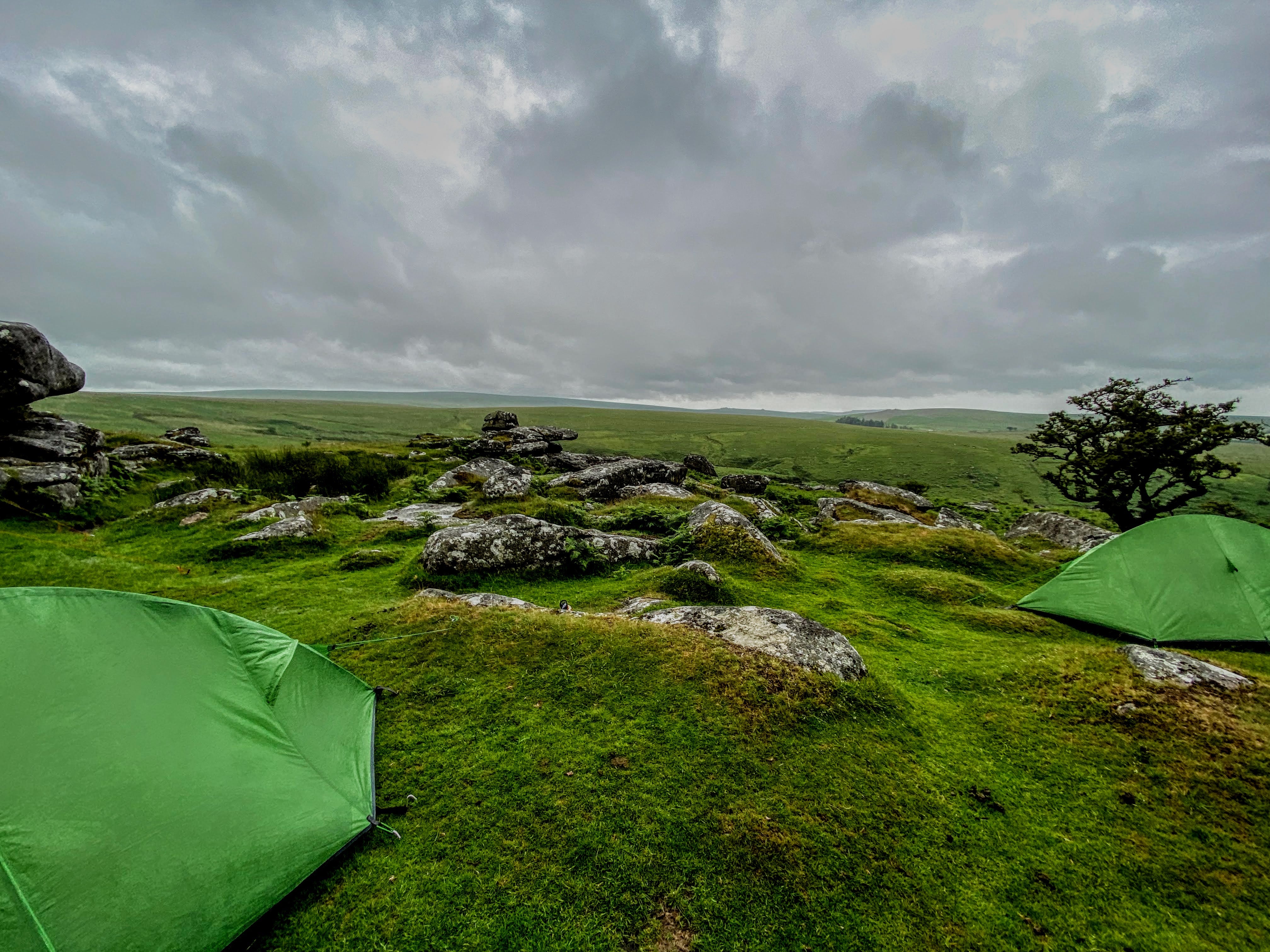
Unsurprisingly, outdoor activities have risen in popularity during the pandemic. A study by the University of Cumbria’s Centre for National Parks and Protected Areas found that 72 per cent of women and 60 per cent of men are more likely to spend time in nature as a result of the lockdown.
While it’s wonderful that more people are enjoying the outdoors, it’s also easy to fall into an unsafe situation, especially when you are new to it. Complicating matters, the UK has no national outdoor guiding qualifications or safety legislation. So how can travellers choose a wilderness experience that is safe and environmentally conscious?
I went to the experts to find out.
Seeing through social media
Booking holidays in the age of social media, whether wilderness experience or not, requires discernment. India Harris had followed the Dartmoor guide on Instagram for about four years. She says she was surprised and disappointed at the guide’s uncompassionate demeanour with her clients and the downplaying of dangerous conditions.
“The way [the guide] talks on social media is completely the opposite in real life. She seems so caring and interesting on Instagram,” says Harris.
Now, literally anyone can advertise on social media and look equally competent
Emily Woodhouse, a qualified Mountain Training Association leader and Mountain Rescue volunteer, believes that travellers need to be careful.
“Now, literally anyone can advertise on social media and look equally competent. You want to ask them about their qualifications. If they’re even slightly cagey or evasive, that should be a red flag. For hiking in the UK, it’s standard to have an Outdoor First Aid Certificate, too,” she says.
Risks and rescue in the wild
There are inherent risks in any outdoor sport but in practice most experiences in the UK are fairly safe. John Cousins, chief executive of Mountain Training UK, says there were only two fatalities in the adventure-activity sector between 1997 and 2021. “Adventure activities by their very nature are uncertain and therefore involve degrees of risk and managing that risk. But truthfully, the safety record is relatively very good,” he says.
Most people who have an emergency in the wild are attended by Mountain Rescue, an association of 49 rescue teams across England and Wales (a separate but related organisation serves Scotland). These on-call volunteers are dispatched by emergency services when someone calls 999. They operate as charities, offering their time for free to save climbers and hikers in peril.
Read that again: if you get into trouble in the wilderness, you are likely to be rescued by someone donating their time to save you.
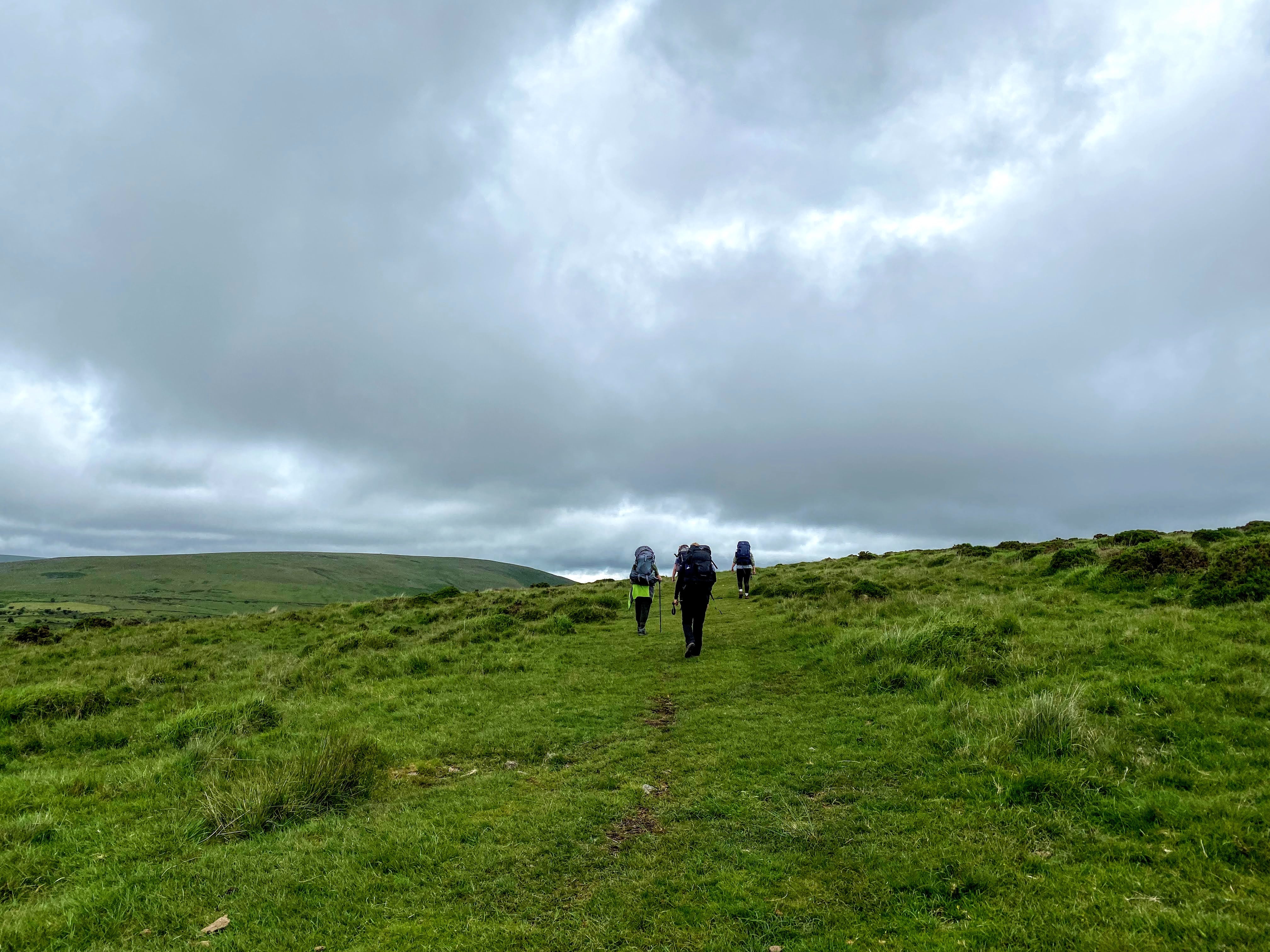
Mountain Rescue volunteers are passionate about helping people and make it a point of pride to offer their services without question. “Our role is simply to rescue people when they are in difficulty, and we do this without judging,” says Andy Simpson, Mountain Rescue’s press officer.
But many wilderness rescues could be avoided. Of the more than 2,000 people that Mountain Rescue attended in 2019, 36 per cent of the incidents were attributed to “human error”, “poor decision making” or “inexperience”, meaning they probably would have been averted with better preparation or a properly qualified guide.
How to book a safe wilderness experience
In the absence of a national safety indicator, it’s up to the individual traveller to ensure they have a safe experience. Chris Rea is director of the Water Skills Academy that trains and certifies wilderness instructors and guides.
He advisess not to be shy about digging into a provider’s qualifications: “Don’t be afraid to ask the awkward questions like, ‘What qualifications do the guides hold?’, ‘What do you do for the local area we are visiting?’, ‘What first-aid systems are in place?’ and, ‘Is there a bad weather back-up plan?’”
Check for qualifications, experience and safety ratings
Andy Taylor, chair of the Adventure Activities Industry Advisory Committee (AAIAC), the UK’s leading body for safety in adventure activities, recommends that travellers look for independently assessed accreditations of safety, quality and environmental sustainability, like the AAIAC scheme Adventuremark.
“Using a provider with an accreditation also means there is an independent route to lodge a complaint if standards fall short,” says Andy.
Guides operating outside of an accredited organisation should have demonstrable experience leading groups, a first-aid certificate and ideally hold an externally assessed guiding certification. Vague claims, such as “trained hill and moorland guide”, are a red flag. Ensure certifications are from an independent assessor, like the Hill and Mountain Leader qualifications awarded by Mountain Training.
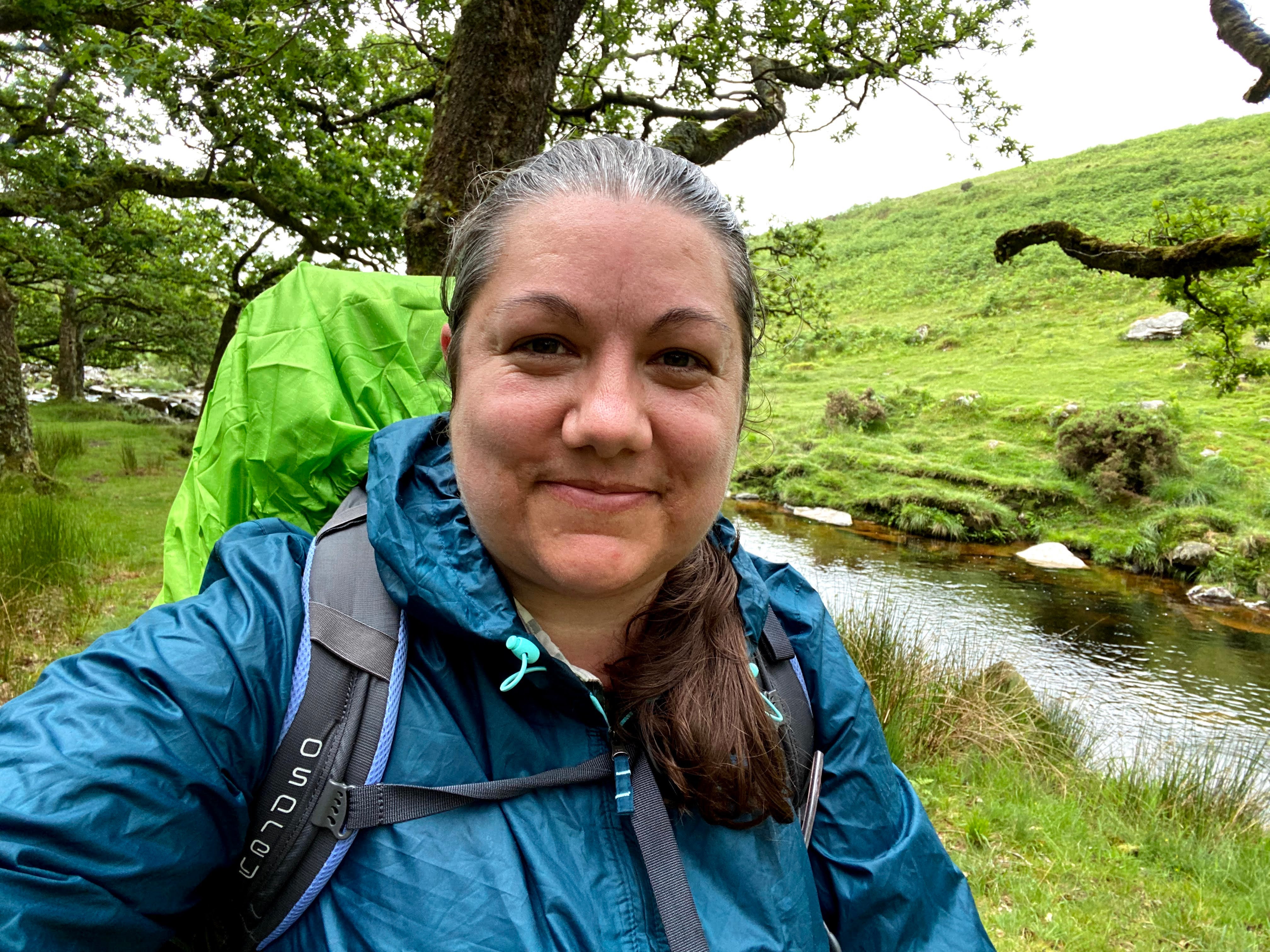
For other types of outdoor activities, the AAIAC’s guidance is to look for qualifications bestowed by organisations such as the British Caving Association, British Canoeing, the Royal Yachting Association, the British Academy of Surfing Instructors or the Water Skills Academy.
Pick an ethical and environmentally responsible guide
It’s critical to consider the impact that adventure activities have on the environment and local communities. John Cousins from Mountain Training lives near Snowdon and has seen the effects of over-tourism first-hand: “It’s inspiring that so many people are discovering an interest in the outdoors. The challenge seems to be that the British public don’t know how to behave in these places.”
Andy Taylor says the potential is high for us to harm the natural resources that add to our adventures and suggests seeking a provider with an environmental badge like the Peak District National Park Ambassador Centre scheme or the Goriad Gwyrdd/Green Key scheme in Wales.
Know where you’re going
A guide should be transparent and offer plenty of detail about your whereabouts, including before departure. Trekkers should always carry paper Ordnance Survey maps and a compass and have scouted back-up locations in case a wild camping spot is unavailable or unreachable.
Another literal lifesaver is the location app what3words, which pinpoints your exact location anywhere on Earth using a unique three-word address. Chris Sheldrick, the app’s co-founder, told me that more than 85 per cent of emergency services in the UK now accept what3words addresses from 999 callers who might otherwise struggle to describe exactly where they are.
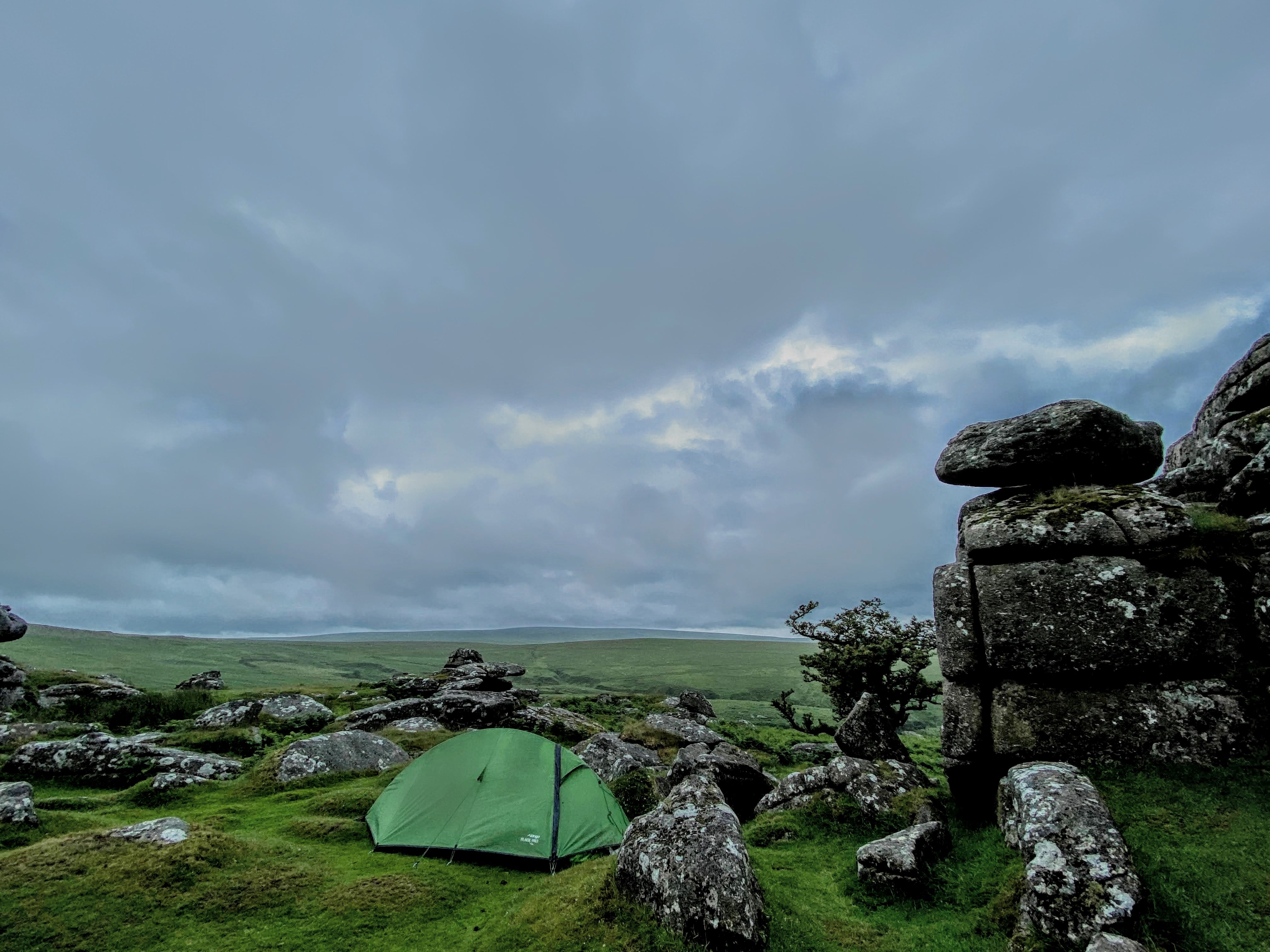
Respect the weather
The weather can turn poor quickly in most areas of British wilderness. Before booking, ask your guide about a time when the weather went badly and how they handled it. Even if you’re not camping overnight, prepare for stormy conditions, wear the right clothing and bring food supplies and water filters. The website AdventureSmart offers easy steps to get prepared and an online quiz with advice about what you might need.
It’s not impossible to stay safe, protect our natural world and have healthy experiences in the great outdoors. Do your research beforehand, ask lots of questions, be well-prepared and, most importantly, respect the power of Mother Nature.
While it may take a while before I go trekking on Dartmoor again, I came away proud of having got through a physically taxing, emotionally draining experience. I think this speaks volumes about the mental and emotional benefits of spending time in the wild, even in dangerous circumstances. I also made a new friend and learned a powerful lesson – an Instagram filter is no match for experience.
Join our commenting forum
Join thought-provoking conversations, follow other Independent readers and see their replies
Comments